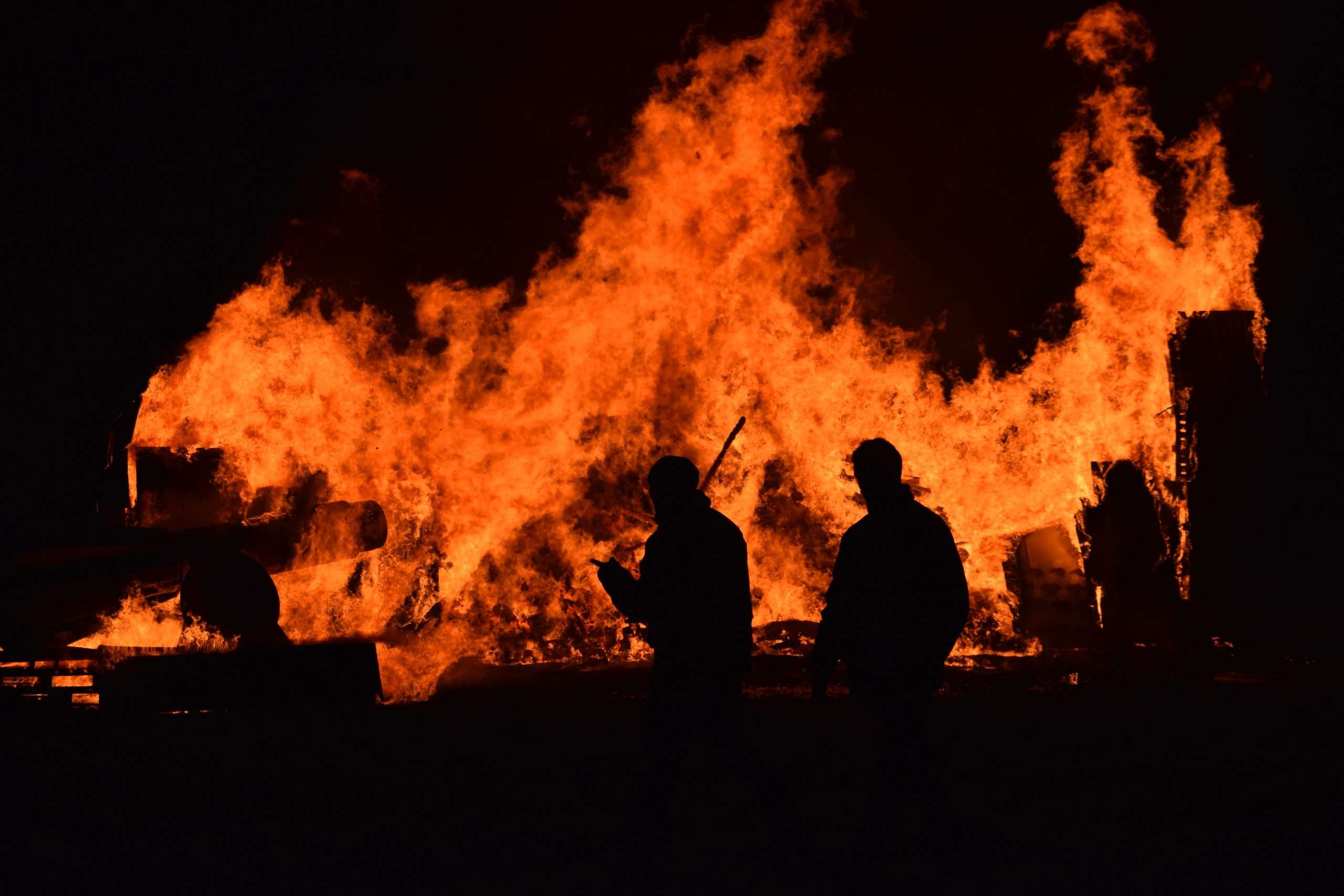When you are struggling to rebuild your life after wildfire damage, the last thing you might expect is to encounter unjust behaviors by someone pretending to help. Unfortunately, this is the reality for many Californians who are facing major repairs or renovations after wildfire damage. Use the following tips to avoid insurance and disaster recovery scams after a wildfire.
Do Your Research
You are already taking the right steps by looking online for more information about insurance scams. The more you know, the easier it will be to spot scams and fraud. Two of the most common types of scams that target victims of wildfires have to do with public adjusters and building contractors.
Insurance scams are often executed by someone posing as a public adjuster who specializes in wildfire damage claims. This person may ask for money – usually upfront – to take your case but not have a valid license to perform the services being advertised. Another common scam involves a contractor who tricks you into paying for unnecessary repairs or paying more than fair market value.
Call Your Insurance Company Immediately
Communicate with your homeowners insurance company immediately after suffering wildfire damage. Your insurance company can work with you to make sure that you do not fall for any scams from outsiders. Reaching out to your insurer can put you in touch with the correct adjuster – one who actually works for your insurance company – rather than falling for a scam by someone who contacts you shortly after a fire pretending to be a legitimate insurance company adjuster.
Do Not Pay Upfront
If someone asks you for money for their services upfront, it is most likely a sign of a scam. The insurance adjuster who works for your insurance company will not ask for money or charge a fee. They get paid by the insurance company. If you are contacted by a public adjuster who says they can help with insurance claim negotiations, these professionals do charge a fee. However, most take their payments as a percentage of your total insurance settlement rather than charging you upfront.
Check for a License
You have every right to request to see the professional license of anyone who contacts you about your wildfire recovery, including an alleged insurance adjuster, public adjuster or contractor. Do not only rely on a business card or badge. Instead, request to see the official license. If they are an adjuster, take note of their license number and full name. Then, contact the Department of Insurance Helpline at (800) 927-4357 to verify that the individual is an actual public adjuster with a valid license. Ask any contractors who are working on your property repairs for their licenses, as well, or check with your region’s Contractors State License Board.
Be Wary of Unusual Business Practices
If something does not seem right to you, trust your instincts. For example, the public adjuster should be communicating with the contractor or demolition company in charge of your property repairs to make sure they are doing their jobs. If the insurance adjuster does not seem interested in the contractor, tries to rush you into signing a contract or allows a contractor to start demolition before you have signed anything, these could be signs of a scam.
Note that a public adjuster legally cannot solicit your business after hours, for seven days after a declared disaster area has been reopened or while a wildfire is still underway. Be wary of any insurance adjuster or public adjuster who reaches out to you immediately after a wildfire, as they may wish to bid for your business and make a profit off of your losses rather than help your family recover fair insurance benefits.
If you believe that you have come across an insurance scam after suffering wildfire damage, such as damage from the Dixie Fire, contact a California fire lawsuit attorney from Walkup, Melodia, Kelly & Schoenberger right away for a free consultation.



